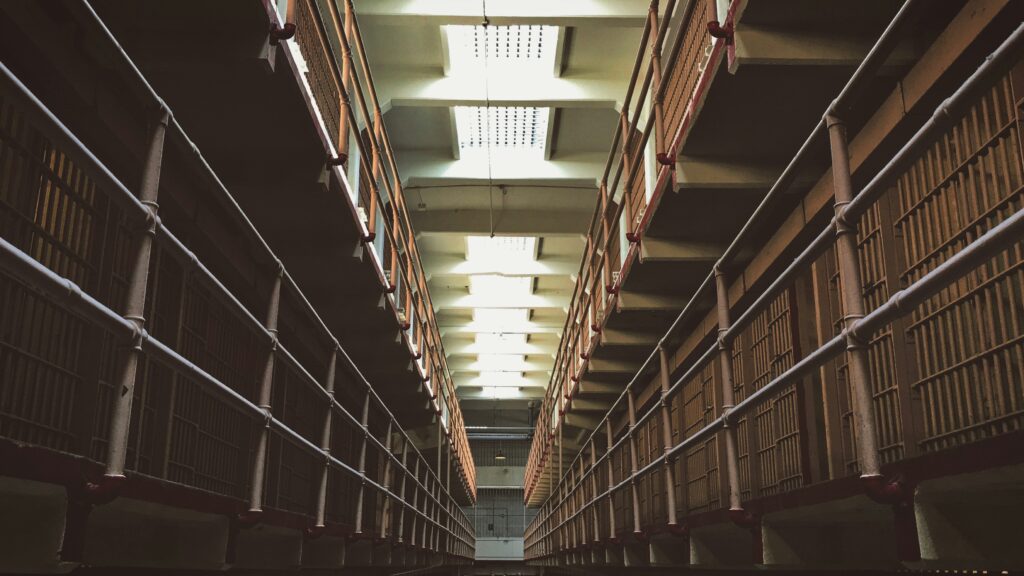Ohio Lawmaker Urges Rescheduling of Cannabis
When the Food and Drug Administration (FDA) released its controlled substances scheduling or drug classifications in 1970, they intended to classify drugs based on their potential for abuse, their medical use, and how addictive they may be. Few drugs scheduled as a Schedule I drug – that is, a drug without medical benefit and with a high potential for abuse and addiction – have been as controversial lately as marijuana. Currently, 28 states have legalized medical marijuana and eight states in addition to Washington, D.C. have legalized the drug recreationally. One Ohio lawmaker is urging the FDA to reclassify marijuana into a lower class.
To put it in perspective, marijuana is considered a schedule I drug along with heroin, LSD, peyote, and ecstasy. Even the FDA admits that there have been no reported deaths due to overdosing on marijuana. Compare that to the data from the National Institute on Drug Abuse, which shows a 6.2 fold increase in the number of deaths relating to heroin from 2002 to 2015. Comparatively, Fentanyl, a prescribed opioid medication classified as Schedule II, which there have been tens of thousands of reported overdose deaths.
Because marijuana is a Schedule I drug, researchers have to undertake many pains and jump through a lot of hoops and cut a lot of red tape to even research the medical plant. When they are able to research it, they are limited to government-grown marijuana, which differs greatly from the strains available in the legalized state medical markets. Not only does it prevent research, but it prevents banks from servicing marijuana-related businesses.
In Ohio, the medical marijuana industry is still in its infancy, but those living there have run into challenges. One such challenge is that legal businesses are forced to remain cash-only. These same businesses are also beleaguered by being unable to deduct legitimate business expenses because their businesses are tied to marijuana. Attorneys are hesitant to advise clients on the state law. Finally, state universities were reluctant to study medical marijuana because it could risk federal funding.
Senator Kenny Yuko, D-Richmond Heights, Ohio, wants to change the classification of marijuana to a lower schedule. Last week, he introduced Senate Concurrent Resolution 13. The bill aims to have marijuana reclassified to a lower schedule to allow for more medical research and to reduce the misconceptions people have towards the plant. Reclassification would also ease the financial burden on the many businesses operating nationwide. Four other senators joined Yuko in the co-sponsoring of the bill.

“The families of sick children who have used this product know how important it is,” Senator Yuko said. “But researchers are afraid to study cannabis, and legal businesses are forced to remain cash-only, because the government still views it as dangerous.”
In the states where both medical and recreational marijuana is legalized, it is highly regulated. Laws differ from state to state, but like the tobacco, vaporizers and the alcohol industry, you must be a certain age to buy marijuana products. Despite this regulation and despite there being no overdose deaths attributable to marijuana, Attorney General Jeff Sessions has made no secret of his plans to crack down on the marijuana industry. This is despite a CBD poll taken earlier this year showing that 61% of Americans are pro-cannabis legalization nationwide. In the same poll, 63% of Republicans do not want the federal government interfering in what they see as a state issue.
If Senator Yuko’s resolution is successful, the FDA is likely to proceed cautiously at first and move cannabis to Schedule II with the opiates like Oxycodone and Morphine. However, even rescheduling it to Schedule II would open up more studies. Currently, the system to study the medicinal value of marijuana is tedious and only eight or nine cannabis studies are approved yearly. Some say that the approval process is currently skewed towards studies researching the negative effects of marijuana.

Rescheduling would also help to ease the financial burden on the thousands of cannabis businesses that operate legally under state law. It would allow banks to work with them and it would allow these businesses to make tax deductions that are currently prohibited because of the drug’s Schedule I status.
Senator Yuko’s resolution would not immediately ease the federal penalties for the possession or manufacturing or the distribution of marijuana legal. However, it would send a powerful message to lawmakers and law enforcement alike, and likely end in clemency and a reduction in penalties. What it would do, however, is make it possible to determine the medicinal value of this highly controversial drug.
Author Bio: Michael Jacobs is a marketing and creative content specialist at GotVape.com with a primary focus on customer satisfaction. Technology and fitness combined with a healthy lifestyle obsession are his main talking points




